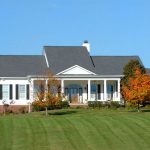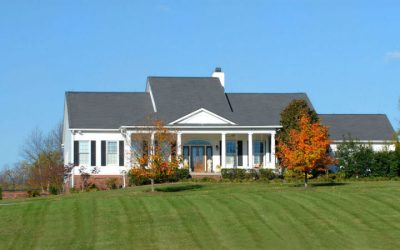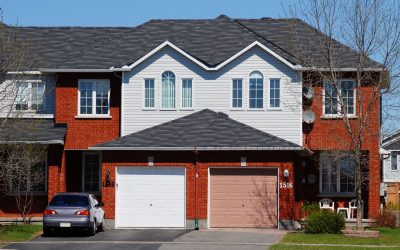Prior to the American Revolutionary War Pineland Village was a quiet, sleepy town in South Carolina, but in 1785 it was settled and became an official town in 1847. Renamed as Summerville the area’s redevelopment largely resulted from visits by plantation owners from the Charleston area. They came to Summerville to get away from the swamp fever and seasonal insects and the humid weather that made them so sick each year, but the climate in South Carolina was far less intimidating. Later, in 1899, the Tuberculosis Congress—the International Congress of Physicians—actually listed Summerville as among the two best areas in the entire country for recovery and healing of tuberculosis, throat and lung disorders. This was largely put down to the dry heat and the amount of pine trees in the area, which was very apt because in 1847 a law was passed that served a $25 fine on any person cutting down a pine tree of a certain size without permission. The town’s motto on the official seal says: ‘Sacra Pinus Esto’ which means the pine is sacred.
Modern Day Growth
Nowadays the town plays host to the Flowertown Festival which began back in 1941 and is the biggest arts and crafts festival in the whole of South Carolina and is held during the first week of April. This brings tourism to the area for a short time each year, but the rest of the year sees a small drizzle of passers-by.
Summerville SC real estate prices have shown a steady increase over the last year, rising from an average of around $161,000 to $183,000 for a typical family sized three bedroom home. Summerville can also boast that seven hundred of its homes and a large portion of the town were listed into the NRHP—National Register of Historic Places—in 1976. Whilst it continues to grow Summerville also still manages to keep that small town feeling with the festival and the ‘Sculpture in the South’. With winter temperatures rarely getting below fifty degrees there really isn’t a winter as such and one can have a round of golf any time of year and come to the area just to get away from any rain or humidity further along the east coast.








